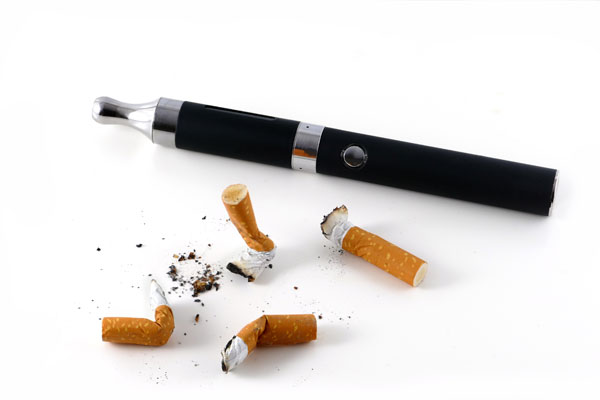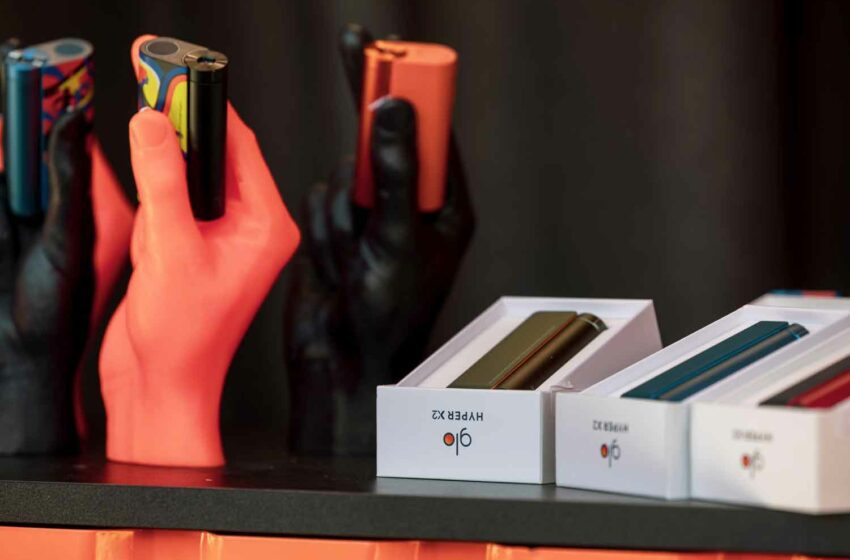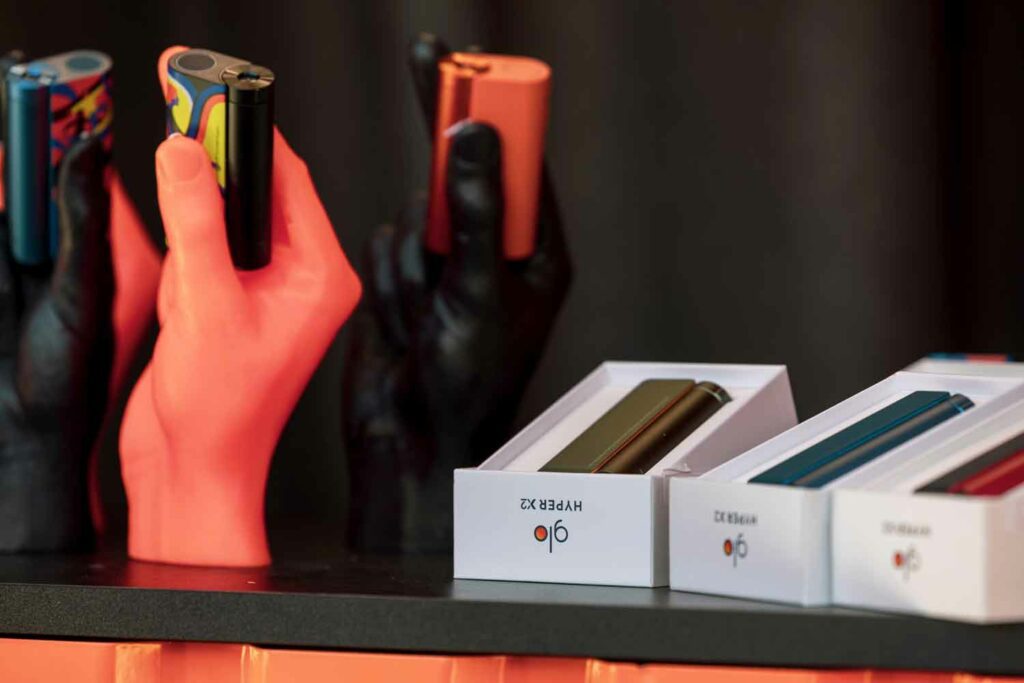A combination of inflation and shifting smoking habits is making it more difficult for tobacco companies to offset declining cigarette volumes with higher prices, according to an article in The Wall Street Journal.
According to the paper, one of the attractions of investing in tobacco stocks has been cigarette manufacturers seemingly unlimited ability continuously grow their profits through price hikes even as overall cigarette sales are in long-term decline.
The recent higher-than-expected U.S. volume declines are increasingly testing that strategy, however. Over the three months through September, U.S. cigarette sales fell 8 percent year-on—almost double the long-term average.
Altria Group suspects many smokers have been migrating to illegal disposable vapes, the market for which has grown by one fifth recently. In October, the cigarette manufacturer announced “sweeping litigation” against 34 manufacturers, distributors and online retailers of illicit disposable e-vapor products that are unlawfully marketed and sold in California and other U.S. states.
Stronger against illicit vapes by the Food and Drug Administration could potentially stabilize cigarette volumes.
In addition to competition from illicit vapes, premium brands such as Marlboro face additional pressures as inflation makes consumers more price sensitive. Smaller brands offering discounts have been gaining market share, with a 15 percent increase in sales of the cheapest cigarettes over the past year.
At a national average of $8.77-a-pack including taxes, Marlboro is now 43 percent more expensive than cheaper rivals, according to Altria data, compared with 31 percent five years ago.
One of the beneficiaries of downtrading has been Vector group, whose Montego brand is now the biggest discount cigarette in America.
Despite the pressures, The Wall Street Journal believes it is unlikely that Altria will take dramatic actions. Thirty years ago, the company cut the cost of Marlboros by 20 percent to close a gap that had opened between it and cheaper brands.
Traumatized investors sold their shares in the company en masse in an event that became known as “Marlboro Friday.”




















